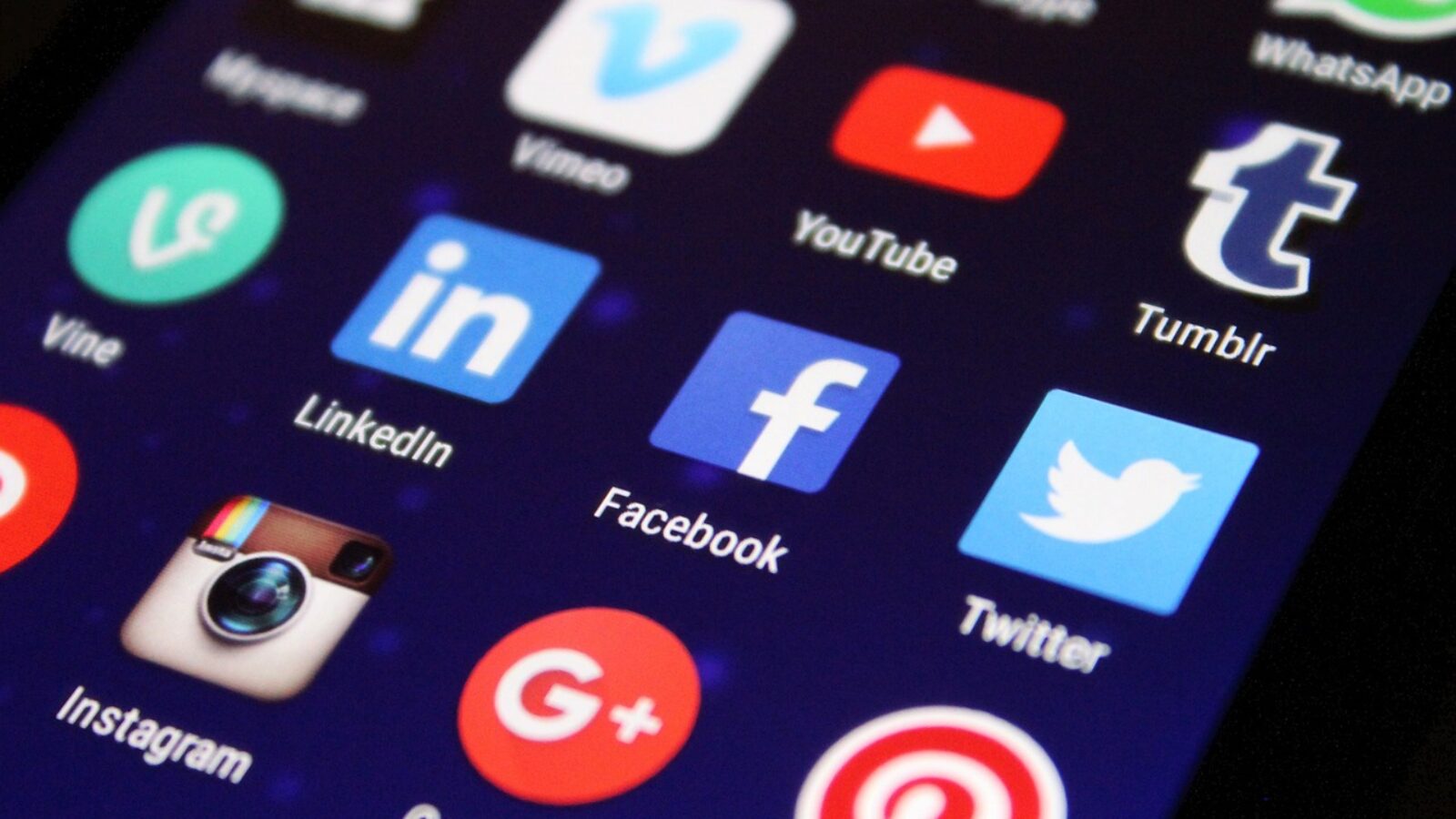LGBT Rights and the Struggle for Democracy
In digital spaces, minorities such as the LGBT comunity are often demonised. The project addresses the different levels and mechanisms of this demonisation, developing an analytical framework in order to better understand the underlying processes in political and media discourse. The demonisation of minorities plays a key role in public discourse. It often works to drive and legitimise political projects of democratic backsliding, the undermining of rights, and the erosion of social welfare systems. In the digital age, this process of demonisation has gained increased power through new media technologies, post-truth politics, and the spread of conspiracy theories.
Michelle Pfeiffer, TU Dresden, and Billy Holzberg, King’s, analyse how the demonisation of minorities operates in digital discourse through a focus on LGBT rights. They set a focus on trans people who have become the subject of heated and often hostile media discourse over the last few years. It will examine how trans and gender nonconforming people have been represented in digital media spheres in Germany and the UK over the last decade. As a case study, this project will look at how political suggestions to change self-identification laws in both countries have led to often hostile and demonising debates. This debates have little to do with the actual legal changes proposed, the existing research on the issue, or the concerns and questions around self-identification that need to be addressed. Instead, these discourses tend to operate as part of a wider stigmatisation and demonisation of trans and other LGBT subjects that drive right-wing nationalist politics and democratic backsliding in Europe and across the globe.
The analysis is based on the following three main questions: Which digital networks do these forms of demonisation operate through? What political discourses and networks are created and reproduced in this process? What affects and emotions drive processes of digital demonisation?


